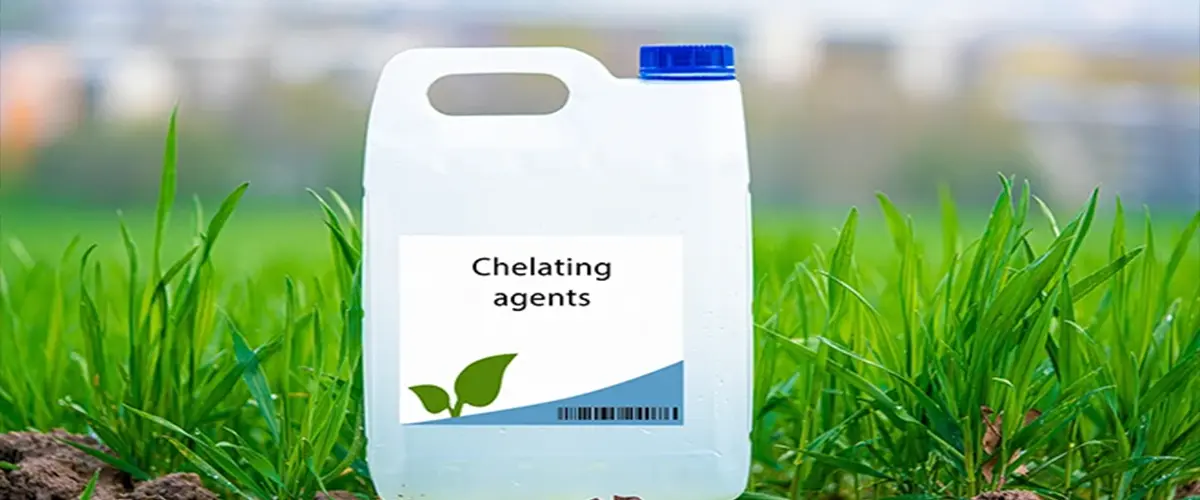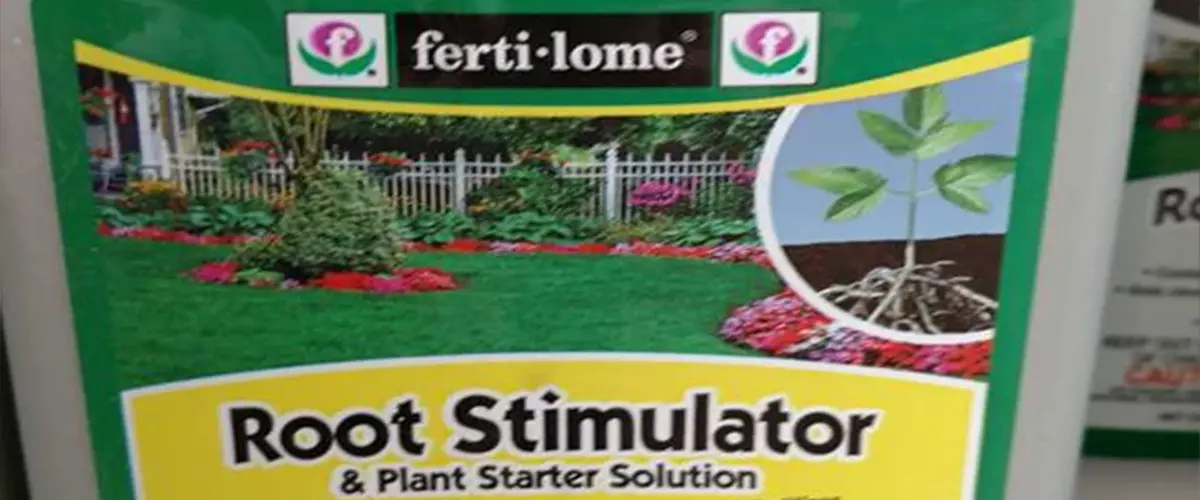Unleashing The Power Of Fertilizers

Ever wondered why your neighbor’s lawn is so lush and vibrant? Or why your tomatoes never seem as plump and juicy as the ones at the local farmer’s market?
The secret could be in the fertilizer they’re using being best for Ohio’s soil types.
This blog post will delve into the domain of organic and synthetic fertilizers, equipping you with the knowledge vital to making the best choice for your home landscaping needs in Defiance, Ohio.
Organic Vs. Synthetic Fertilizers

Commonalities
- Both organic and synthetic fertilizers aim to provide essential plant nutrients for plant growth and development.
- They supply plants with vital ions, among them being ammonium, nitrate, phosphate, and potash, which the plant uses to make amino acids to boost its metabolism.
Differences
- Organic fertilizers are slow-release, meaning they supply nutrients over a longer period, improving soil structure and fertility.
- Organic fertilizers lower the risk of nutrient leaching and are environmentally friendly.
- Organic fertilizers are often more expensive, have a lower nutrient concentration, require larger quantities, and take longer to show visible results.
- Synthetic fertilizers are cost-effective, contain a high nutrient concentration, show swift results, and are easy to apply.
- Inorganic fertilizers pose hazards to the planet: groundwater contamination, algal blooms, eutrophication, and salt buildup in the soil.
Organic Fertilizers: Pros And Cons

Examples: compost, composted manure, bone meal, blood meal
Pros of Organic Fertilizers
Environmentally Friendly
Improve Soil Structure And Fertility
Lower Risk Of Nutrient Leaching
Unlike synthetic fertilizers, organically derived fertilizers release nutrients slowly, reducing the risk of nutrient leaching. This leads to an increased likelihood that the nutrients will remain in the dirt and be used rather than being washed away by rain or irrigation.
Slow-Release Of Nutrients
Cons of Organic Fertilizers
Expensive
Lower Nutrient Concentration
Requires Larger Quantities
Longer Time For Visible Result
Synthetic Fertilizers: Pros And Cons

Examples: ammonium nitrate, urea, potassium chloride
Pros of Synthetic Fertilizers
Cost-Effective
High Nutrient Concentration
Immediate Results
Easy To Apply
Cons of Synthetic Fertilizers
Environmental Concerns
Contamination Of Groundwater
Algal Blooms And Eutrophication
The runoff from synthetic fertilizers can contribute to algal blooms and eutrophication in nearby bodies of water. These processes can harm aquatic ecosystems and are a significant environmental concern.
Salt Buildup In The Soil
Over time, the using of synthetic fertilizers can result in a buildup of salts in the earth. This salt buildup can harm both soil microbes and plant health and may require additional measures to remediate.
Overuse Can Harm Plants
Using Both Fertilizer Types Together For Balanced Soil Nutrition
Interestingly, you can use organic and synthetic fertilizers together for effective plant nutrition management.
This doesn’t mean simultaneous usage but rather carefully planned nutritional operations that provide enough nutrients at every stage of plant development.
For instance, you can apply compost or manure before sowing or planting and then apply nitrate mineral fertilizers during crucial stages of plant development.
Choosing The Right Fertilizer: Organic Vs. Synthetic Fertilizer

Assessing Your Landscaping Needs
- Type of plants you’re growing
- Current soil condition
- Specific nutrient requirements of your plants
Soil Testing
Plant-Specific Requirements
- Different plants have different nutrient requirements.
- Some plant types may demand more nitrogen; others may need higher levels of phosphorus or potassium.
- Knowledge of these plant-specific requirements can help you select the correct fertilizer and guarantee your plants get the nourishment they need for optimal maturation.
Considering The Pros And Cons Of Each Type
- When choosing a fertilizer, consider the pros and cons listed in this post.
- Organic fertilizers are Earth-friendly and improve soil health, but they can be costlier and slower to show performance.
- Synthetic fertilizers are cost-effective and provide immediate results but can pose environmental risks and harm plants if overused.
Let Farrell’s Lawn & Garden Center Help You Create Your Dream Landscape
We trust this article has enlightened you on the rewards and considerations of utilizing organic and synthetic fertilizers for your home landscaping needs. Understanding these can help you cause a major difference in the health and appearance of your lawn and garden.
At Farrell’s Lawn & Garden Center, we’re committed to helping homeowners in Defiance, Ohio, create beautiful, healthy landscapes. We provide a broad array of planting and landscaping services tailored to meet whatever your landscape may require.
Ready to transform your landscape? Fill out our contact form today or give us a call. We can’t wait to help you create the lawn or garden of your dreams.
